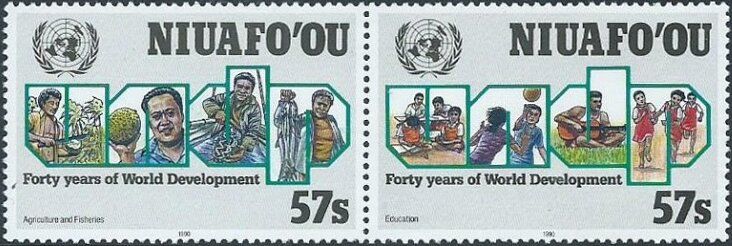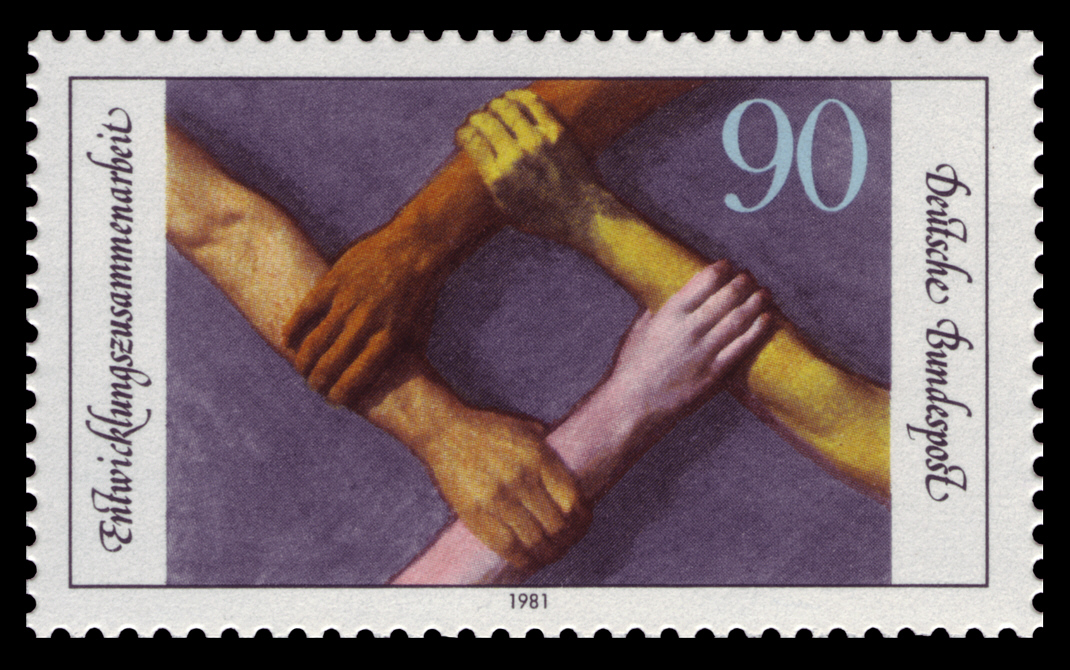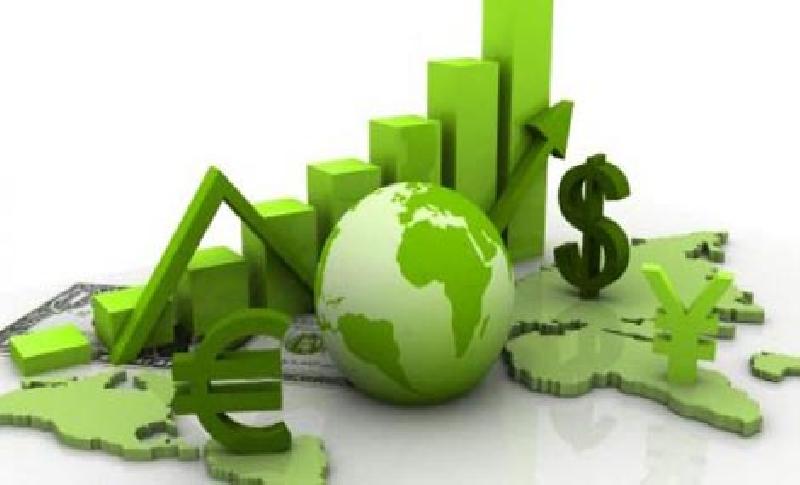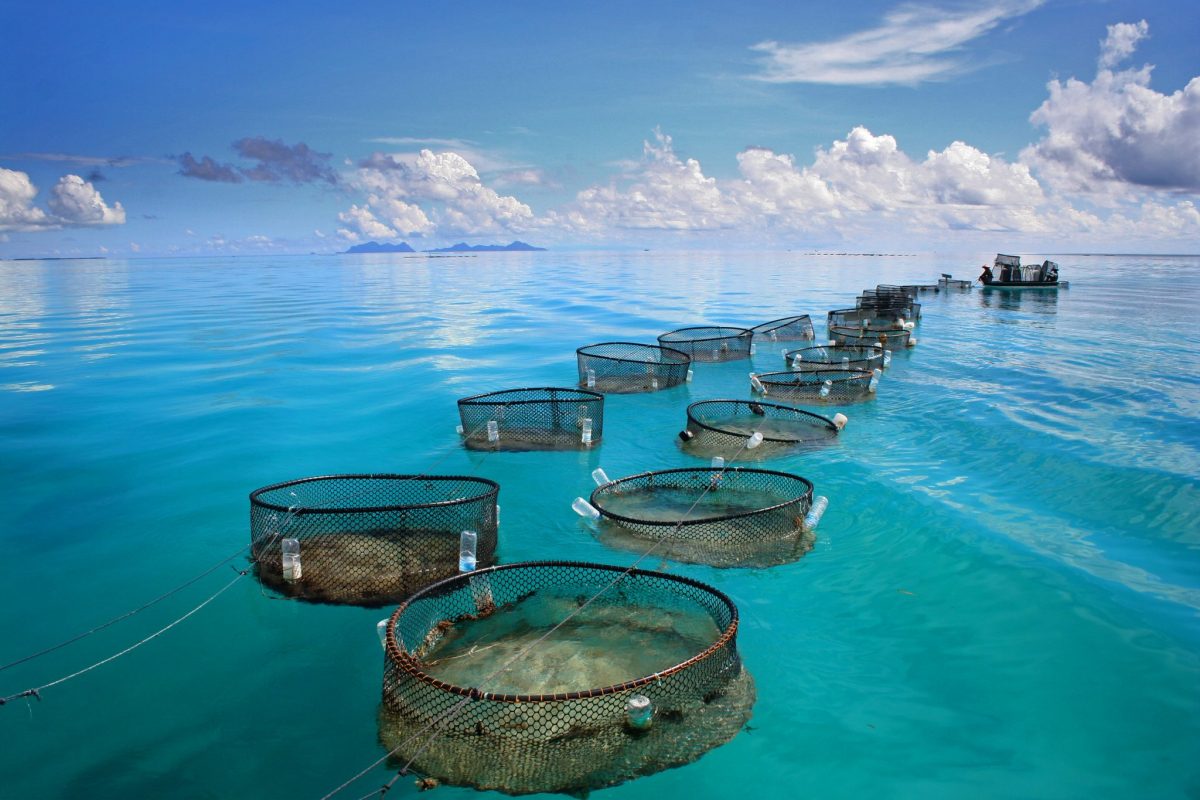Se-tenant: 40th Anniversary of United Nations Development Program (Niuafo'ou 1990)
40th Anniversary of United Nations Development Program (Niuafo'ou 1990)
25 October (Niuafo'ou ) within release 40th Anniversary of United Nations Development Program goes into circulation Se-tenant 40th Anniversary of United Nations Development Program face value 2*57 Tongan seniti
| Se-tenant 40th Anniversary of United Nations Development Program in catalogues | |
|---|---|
| Michel: | Mi: TO-NI 184-185 |
| Stamp Number: | Sn: TO-NI 134 |
| Stanley Gibbons: | Sg: TO-NI 148a |
Se-tenant is square format.
Se-tenant pairAlso in the issue 40th Anniversary of United Nations Development Program:
- Se-tenant - 40th Anniversary of United Nations Development Program face value 2*57;
- Se-tenant - 40th Anniversary of United Nations Development Program face value 2*2.50;
Se-tenant 40th Anniversary of United Nations Development Program it reflects the thematic directions:
Agriculture is the cultivation and breeding of animals, plants and fungi for food, fiber, biofuel, medicinal plants and other products used to sustain and enhance human life.[1] Agriculture was the key development in the rise of sedentary human civilization, whereby farming of domesticated species created food surpluses that nurtured the development of civilization. The study of agriculture is known as agricultural science. The history of agriculture dates back thousands of years, and its development has been driven and defined by greatly different climates, cultures, and technologies. Industrial agriculture based on large-scale monoculture farming has become the dominant agricultural methodology.
Development aid is a type of foreign/international/overseas aid given by governments and other agencies to support the economic, environmental, social, and political development of developing countries. Closely related concepts include: developmental aid, development assistance, official development assistance, development policy, development cooperation and technical assistance. It is distinguished from humanitarian aid by aiming at a sustained improvement in the conditions in a developing country, rather than short-term relief. Development aid is thus widely seen as a major way to meet Sustainable Development Goal 1 (end poverty in all its forms everywhere) for the developing nations.
An economy is an area of the production, distribution and trade, as well as consumption of goods and services. In general, it is defined as a social domain that emphasize the practices, discourses, and material expressions associated with the production, use, and management of resources. A given economy is a set of processes that involves its culture, values, education, technological evolution, history, social organization, political structure, legal systems, and natural resources as main factors. These factors give context, content, and set the conditions and parameters in which an economy functions. In other words, the economic domain is a social domain of interrelated human practices and transactions that does not stand alone.
Fishery can mean either the enterprise of raising or harvesting fish and other aquatic life or, more commonly, the site where such enterprise takes place (a.k.a., fishing grounds).Commercial fisheries include wild fisheries and fish farms, both in freshwater waterbodies (about 10% of all catch) and the oceans (about 90%). About 500 million people worldwide are economically dependent on fisheries. 171 million tonnes of fish were produced in 2016, but overfishing is an increasing problem, causing declines in some populations.





